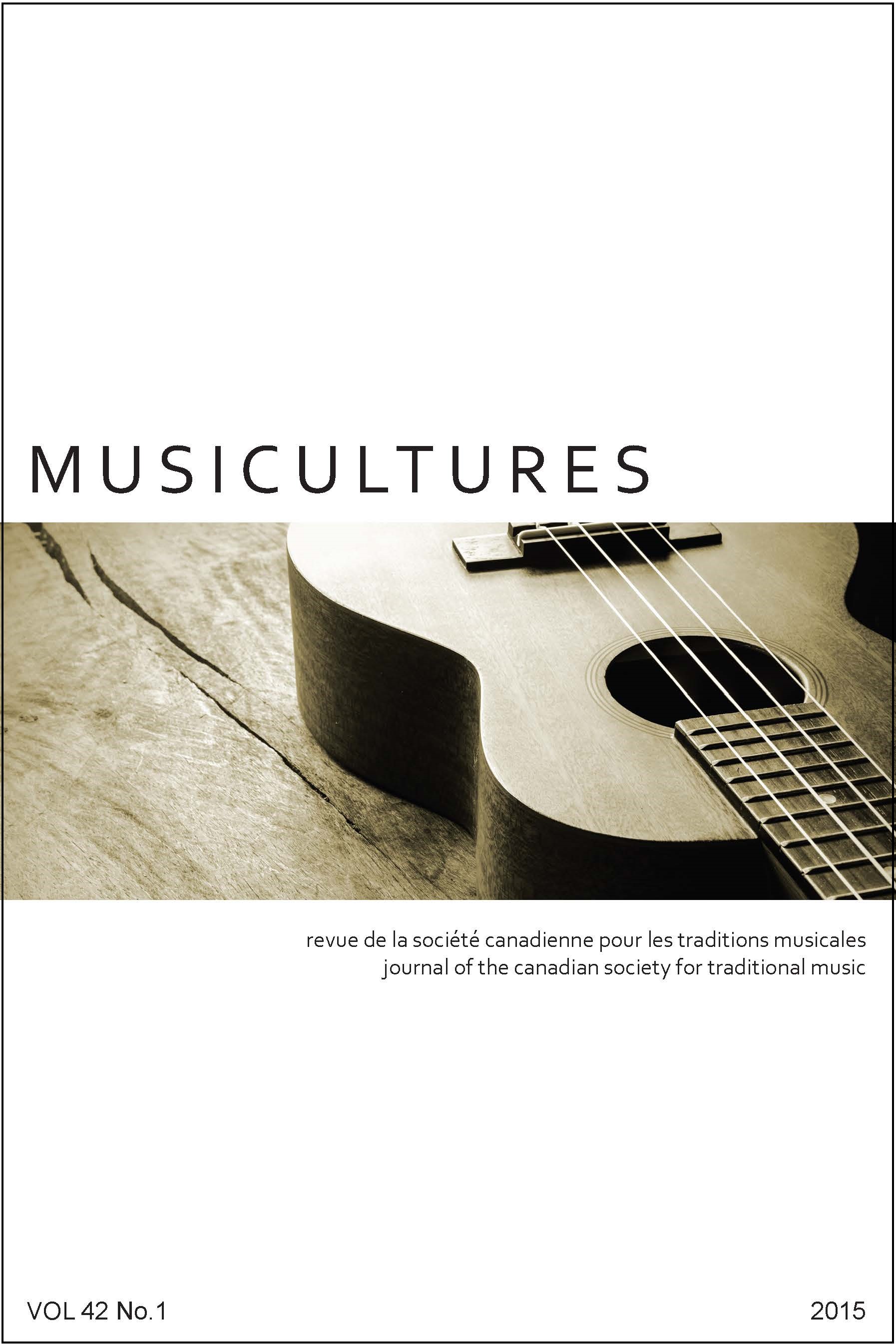Abstract
Connections between Welsh cultural identity (“Welshness”) and choral singing derive from the 19th century, when music and literary competitions (eisteddfodau) were standardized, hymn singing sessions (cymanfoedd canu) were established and community choirs became popular throughout Wales. This paper aims to describe present-day Welshness and choir associations using insights from cognitive science (Rosch 1975; Lakoff 1987; Koch 2004; Evans 2007). Age and gender differences in Welsh identities are discussed and interpreted. Drawing from a variety of disciplines, this paper looks at music, meaningfulness, and cultural identity, and offers theoretical and methodological implications for future research.- The author retains copyright over the work.
- The author grants the journal owner (The Canadian Society for Traditional Music / La Société canadienne pour les traditions musicales) an exclusive license to publish the work.
- The author may post a pre-print or post-print version of the work (see definitions below) on a personal website for up to twelve months after the work is published in MUSICultures. After twelve months, the pre-print version must be replaced with the published version.
- The author may deposit the published PDF of the work in a non-commercial online repository twelve months after the work is published in MUSICultures, or any time thereafter.
- Any such deposit must include a link to the work on the MUSICultures website, e.g., https://journals.lib.unb.ca/index.php/MC/article/view/19996
A pre-print is a work-in-progress—a contribution not yet accepted, or perhaps even submitted, to MUSICultures.
A post-print is the version of a contribution after peer review and acceptance by MUSICultures, with revisions completed.
The published version is the PDF file of a contribution as it appears in MUSICultures.
Please note that academia.edu and ResearchGate.com are both for-profit repositories; authors may not deposit the published PDF of the work in these repositories until after the journal’s embargo period.
For permission to reprint or translate material from MUSICultures, please contact Heather Sparling, General Editor of MUSICultures (heather_sparling@cbu.ca).

